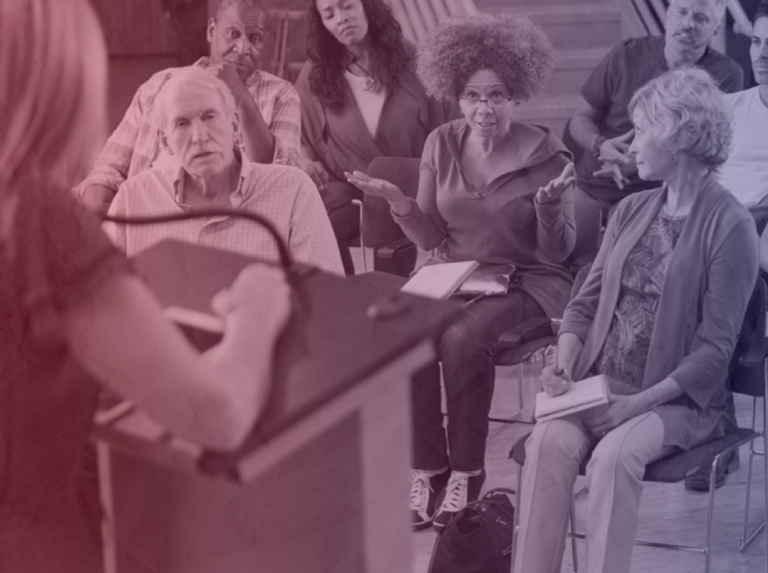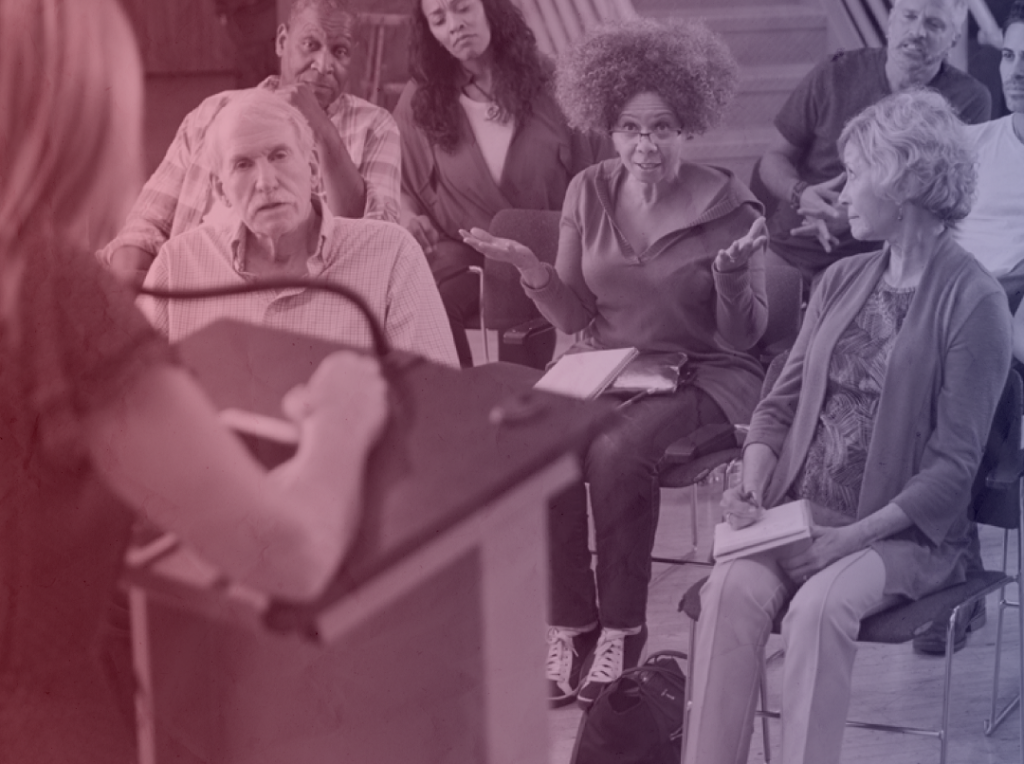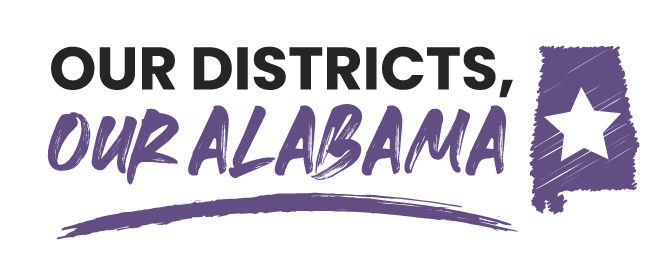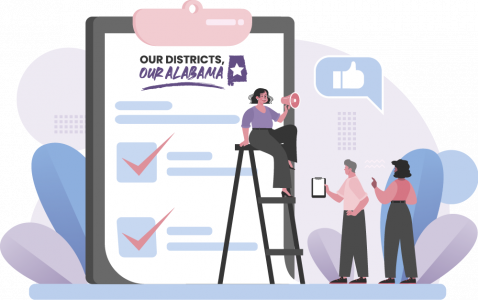1. Support Local Organizations Already Doing The Work
Local organizations play an enormous role in creating change in our communities, especially with the help of volunteers and supporters. Funding and having boots on the ground to make our passions a reality can aid in the success of the cause and help the organization’s leaders tackle the intricacies of the issue. For example, organizations like The Alabama Election Protection Network advocate and inform the public about voting rights, fair elections, and upholding the core values of democracy. With the help of people like you and other grassroots organizations, they can launch a redistricting campaign that will ensure a fair and accurate process for drawing district boundaries, putting communities first and not the needs of elected officials. Be sure to subscribe to a organizations’ social media channels and newsletters to stay up to date on current topics, events, and ways you can help. For more ways to get involved, volunteer with AEPN.
2. Make Learning A Lifestyle
Just because elections have ended doesn’t mean that we should stop learning about politics and how it impacts us. Continually learning ensures that you stay up to date with changes in politics and also allows you to brush up on what you already know. Start by doing a refresher on your basic knowledge of government. For example, what are the main branches of government and how do they work together and separately to make change? You can even learn about politics in your community and what laws are being proposed by virtually regular city hall meetings, virtually or in-person (depending on where you live).
3. Identify An Issue You Care About And Pursue It
In life, we all have things that interest us. It could be the environment, women’s rights, or social justice. Find an issue that you care about, do some research and start the conversation. Doing this will not only get a dialogue going, but you might be surprised to find many others who have the same passions as you do. Try speaking to your neighbors, friends, or co-workers; you’ll likely be glad you did.
More voices equal more change.
4. Contact Your Elected Representatives
You’ve done your research and cast your vote; now it’s time to get to work! A great way to get to know your elected representative is to start a conversation about policies and topics that you’re passionate about. This might seem like a scary task to undertake, but it’s as easy as sending an email, making a phone call, or engaging with them on social media. Making this connection allows for your voice to be heard and potentially begins the conversation for change to begin. Click here to find contact information for your elected officials.
5. Get Your Community Registered To Vote
A great way to stay politically engaged is to get your community registered to vote before the next election. In a recent poll by Medill School of Journalism, Ipsos, and NPR, they concluded that 29% of Americans who were legally allowed to vote in the 2020 election never actually registered in advance. This statistic is actually a pretty big deal when considering this is nearly ⅓ of the population that could vote. When such a large number of our communities don’t vote, their voices and views are not heard. This allows the rest of the population to make the decisions in their place. Nowadays, it’s so easy to get registered to vote. You can share organization websites like Alabama Election Protection Network and Rock the Vote who will even lend a hand if needed.
Looking for more resources to stay politically engaged after an election? Visit voteprotection.org to learn more.











